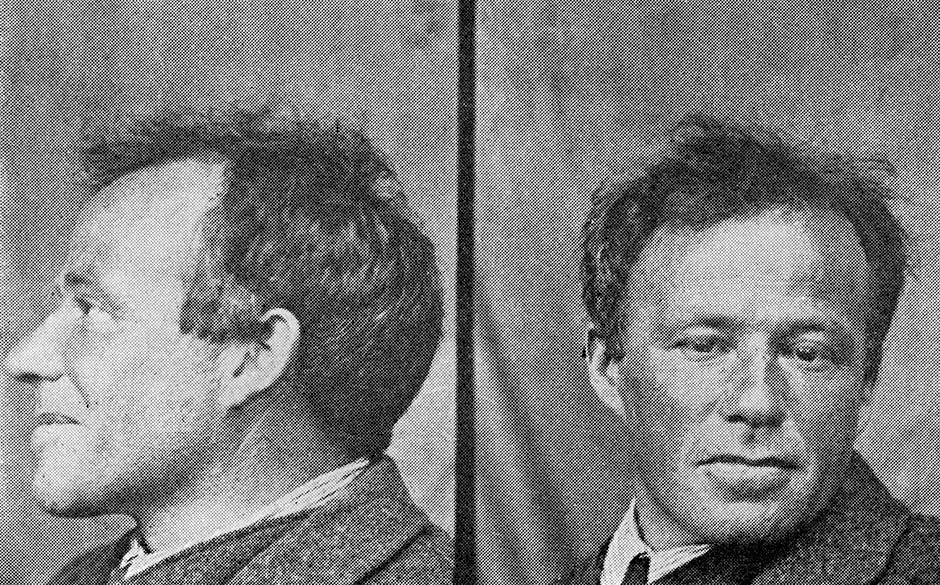
Joseph Herbert Jones
Labourer, born 1886, Australia?
Tried: (1) 19 January 1917, Wellington Magistrate’s Court; (2) 20 September 1918, court martial, Trentham Camp
Charge: (1) Seditious utterances; (2) disobeying a lawful command
Sentence: (1) One year’s imprisonment; (2) two years’ imprisonment
On 7 January 1917, watersider Joseph Jones rose to address a crowd of 500 people at an anti-conscription rally in Dixon St, Wellington. He told them:
I want the working class to say to the masters: ‘We don’t want war. We won’t go to the war.’ Standing as I have done, and seeing the troopships going away, I often wondered what they were going to fight for. We are not going to be gagged, no matter what the consequences may be. They can send us to the dungeon. You know, as well as I do, that your liberties are at stake in this country. Listen, fellow-workers! I know my risk, but remember this – they cannot kill the spirit of a true-blue rebel. If I have to go behind the bars, I know before many weeks are over I will have plenty of mates to follow me. If I am imprisoned, other men will find their way into this country, and they will carry on the work to fight the master class.
The meeting came scarcely a month after the government isued new War Regulations providing for imprisonment for those making ‘seditious utterances’, so Jones’ comment about prison was a self-fulfilling prophecy. Sergeant Wilcox stood in the crowd taking notes, and Jones was soon arrested and arraigned before a Wellington magistrate. The prosecutor described Jones as an Australian socialist agitator who had made similar speeches in Sydney and was well-known to the police. Jones remarked that he had just wanted ‘to make a little protest’ and read a long anti-conscription poem to the court before being sentenced to a year in prison.
To add to Jones’ problems, his name had – rather conveniently for the authorities – been drawn in a conscription ballot on 8 January 1917, the day after his Dixon St speech. The Defence Department activated his calling-up notice when he was released from prison, but Jones now claimed that he was a conscientious objector and unwilling to serve in any capacity. The Defence Department incarcerated him in the Wanganui Detention Barracks, which became a byword for brutality after New Zealand Truth broke a story about the violent mistreatment of conscientious objectors by its warden, Lieutenant J.L. Crampton. In August 1918 Jones was transferred for medical treatment to Wellington, where observers noted he had lost a lot of weight and was suffering from respiratory illness. When Truth accused the Defence Department of negligence and indifference, the department responded that it had taken appropriate care of Jones’ health.
On 20 September 1918 Jones was court-martialled for refusing military service and sentenced to two further years in prison. In 1919 he was classified as a military defaulter and deprived of civil rights for 10 years.
Sources: Evening Post, 19 January 1917, p. 8; Police Gazette, 1918, p. 87, 1920, p.291; Dominion, 20 January 1917, p. 8; New Zealand Gazette, 1917, p. 142, 1919, p.1352; NZ Truth, 28 September 1918, p. 5; Paul Baker, King and Country Call, pp. 194-6


Community contributions